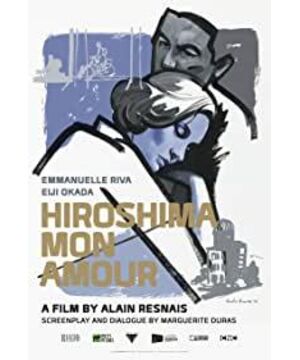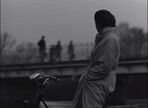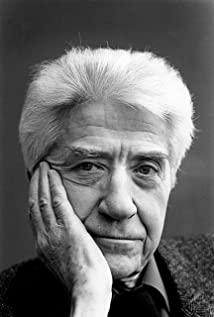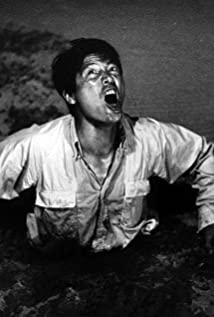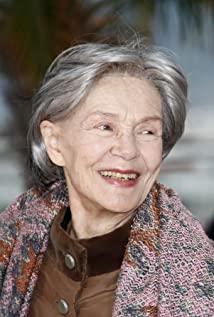Broadly it can be called French New Wave cinema, but strictly speaking it belongs to the Left Bank. "Left Bank" and "New Wave" appeared almost at the same time, so some scholars regard "Left Bank" as part of "New Wave".
"Left" and "New" have certain similarities in their pursuit of artistic innovation, but there are also obvious differences in their pursuit of aesthetics.
The Left Bank is another product of the New Wave, but because of the closeness of the times, the Left Bank is also included in the New Wave. However, the directors of the Left Bank believe that they have the same likes and dislikes as the "New Wave", but they were earlier in the exploration of film art, and their outlook on life and thinking were completely different, so they openly rejected the "New Wave".
The Left Bank focuses on the hearts of the characters, and the environment is mostly presented with a sense of documentary. Left Bank movies focus on the characters' inner, mental state and psychological activities. They believe that people's spiritual activities are richer than external actions. Therefore, "Left Bank" movies strive to bring people's various psychological activities to the screen.
The film expresses the chaos, absurdity and irrationality of the world, expresses the huge irreconcilable crisis of contradiction in the relationship between man and nature, man and society, man and man, and man and self, focusing on the "alienation" realm of the modern capitalist world, "Left Bank" directors are very interested in people's inner and spiritual development process, and prefer themes such as memory, memory, imagination, and subconscious activities. Therefore, "Freud's Psychoanalytic Theory" is also the theoretical source of his creation.
Therefore, many people judge "Hiroshima Love" with a secular perspective, such as the love between a married woman and a married woman. In fact, the director's performance is more focused on war. The disaster has left people with trauma and lost many people. He lost his ego and lost his faith. The heroine is exactly that. He said in his monologue:
"You were born to fit my body.
Who are you?
you hurt me.
I was hungry at the time. Longing for infidelity, longing to be condemned to God, lying and deceiving, but begging for death.
...
The night will not end, the sun will not rise"
Is it more worthwhile to have this desire and short-lived love? The heroine is afraid of love. The more she falls into this love, the more she will not forget the first love that passed away in the previous war, and the more sad.
In Hiroshima, she dedicated the most precious thing she had, the passion she now expresses itself, the love that survived the death of Nevel's love, to this Japanese.
"In a few years, when I forget you,
Waiting for the power of habit to make me have other similar experiences,
I will think of you as I think of forgotten love.
I will recall the experience as if I recall the horrific forgetting.
I know now that I will do that. "
The lines are really well written and the lines themselves have answered the question.
View more about Hiroshima Mon Amour reviews


